Suicide Hotline Calls Spiked 238% After Nex Benedict’s Death
Experts say youth may be feeling anxiety about the overall anti-LGBTQ atmosphere in Oklahoma.

The Rainbow Youth Project USA says calls to its suicide prevention hotline from LGBTQ youth in Oklahoma spiked by more than 200% following the much-publicized death of nonbinary teenager Nex Benedict.
According to the organization, the hotline typically fields an average of 325 calls per month from LGBTQ youth in Oklahoma. But after news of Benedict’s death began to spread, the volume of calls from Oklahomans spiked by 238%, reaching 1,097 calls for the month.
To handle the increased volume, Rainbow Youth Project USA created a rapid response team to assist troubled youth and parents calling in, particularly from Owasso, where Benedict lived.
Benedict died on February 8, one day after they were involved in a violent altercation with three other students inside the girl’s bathroom at Owasso High School. Benedict hit their head against the tile multiple times during the fight, which a teacher eventually broke up.
Benedict’s family later took them to the hospital to get checked out for additional injuries as a precaution. Benedict was released from the hospital and returned home before collapsing the next day. They were rushed to the hospital, where they were declared dead.
Last week, the Oklahoma Medical Examiner’s Office released a summary report declaring that Benedict had died by suicide, as a result of “combined toxicity” caused by an interaction between the anti-allergy medication Benadryl and the anti-depressant Prozac.
It still remains unclear how much Benedict took of those drugs, and how the medical examiner was able to rule the death a suicide. The full autopsy has yet to be released publicly.
Lance Preston, the executive director of Rainbow Youth Project USA, said the increase in calls reveals the extent of the crisis facing LGBTQ youth in Oklahoma, who may feel increasingly helpless, particularly if they face bullying or harassment at school.
“We’ve seen a rapid increase in those calls because kids are scared, they are worried, and they are hurting,” Preston told CNN.
Preston also noted that some parents of LGBTQ youth have called the hotline asking about their rights under Title IX — the federal law prohibiting sex-based discrimination in educational settings — and how to ensure their children’s schools are being proactive about responding to reports of bullying.
“To see parents who are taking that step, it says a lot about the support that some of these kids have,” Preston said. “Unfortunately, not all of our kids have that, but it’s good to know that some of them do.”
Support Metro Weekly’s Journalism
These are challenging times for news organizations. And yet it’s crucial we stay active and provide vital resources and information to both our local readers and the world. So won’t you please take a moment and consider supporting Metro Weekly with a membership? For as little as $5 a month, you can help ensure Metro Weekly magazine and MetroWeekly.com remain free, viable resources as we provide the best, most diverse, culturally-resonant LGBTQ coverage in both the D.C. region and around the world. Memberships come with exclusive perks and discounts, your own personal digital delivery of each week’s magazine (and an archive), access to our Member's Lounge when it launches this fall, and exclusive members-only items like Metro Weekly Membership Mugs and Tote Bags! Check out all our membership levels here and please join us today!








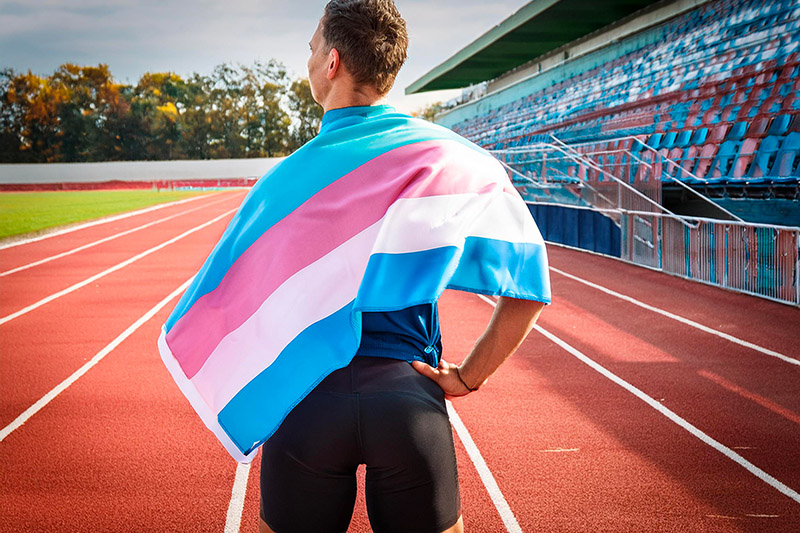
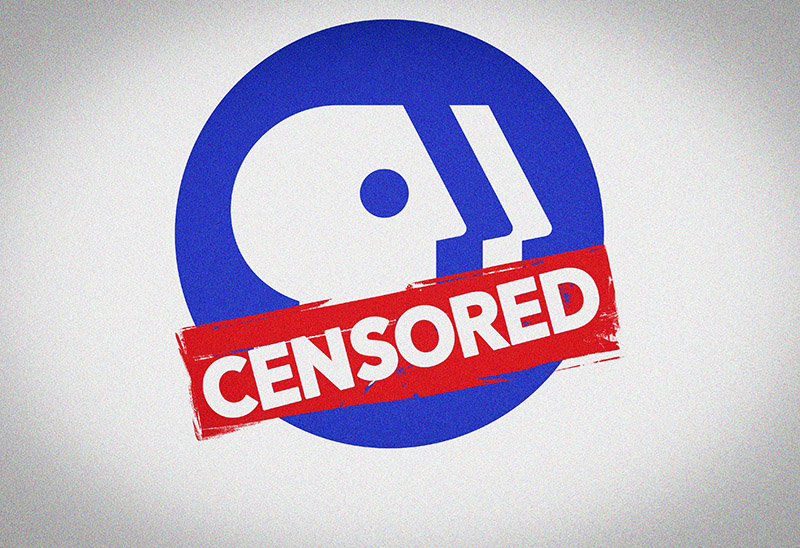
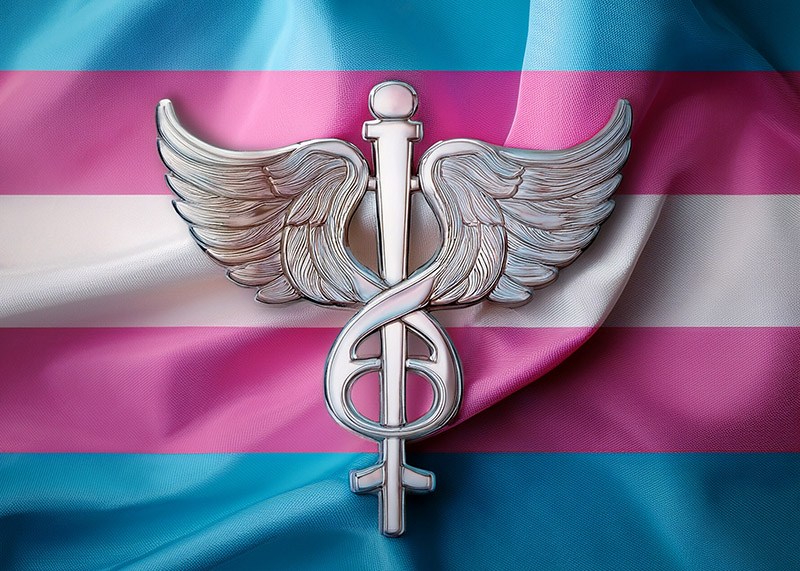














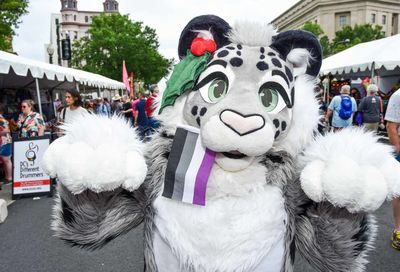
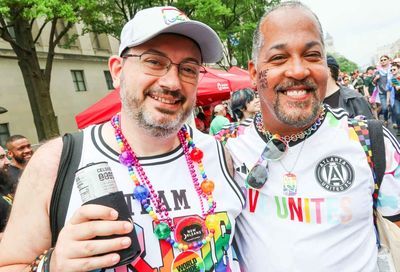

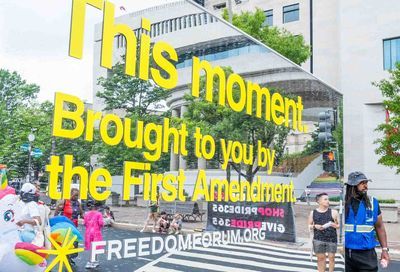

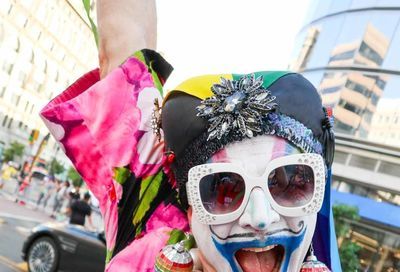
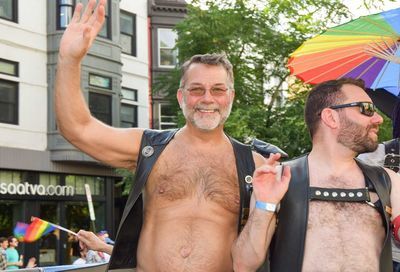
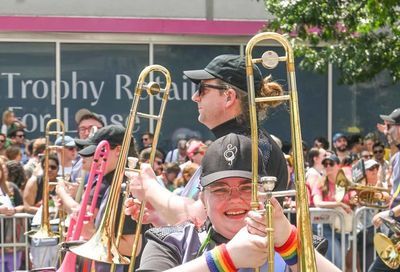
You must be logged in to post a comment.